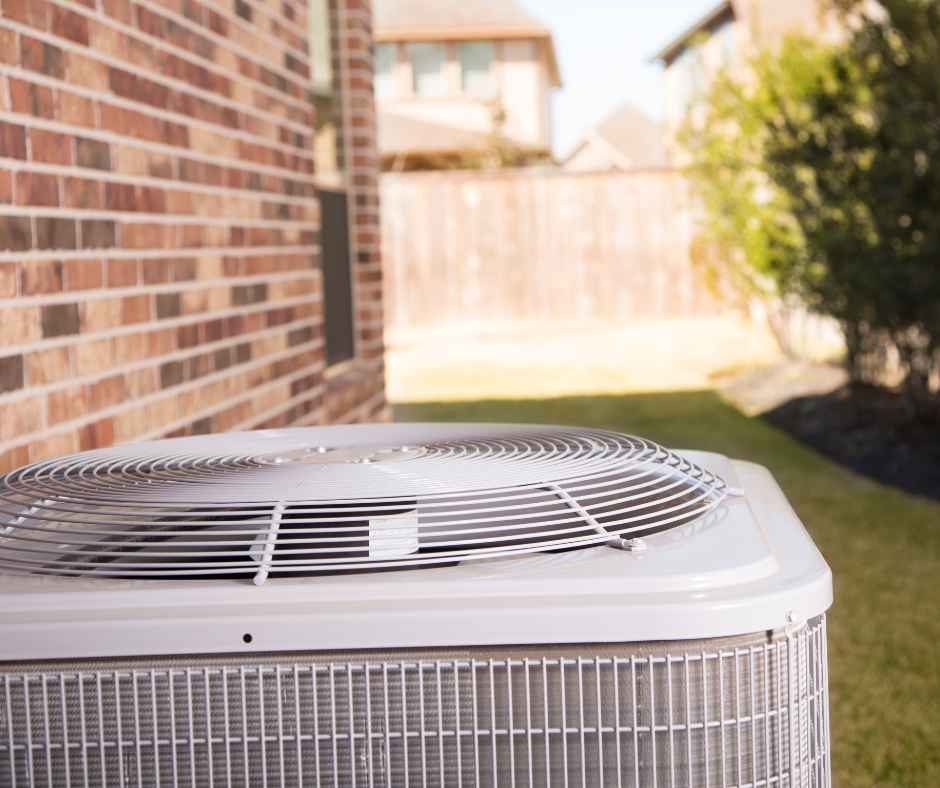Serving Douglas County & The Surrounding Areas
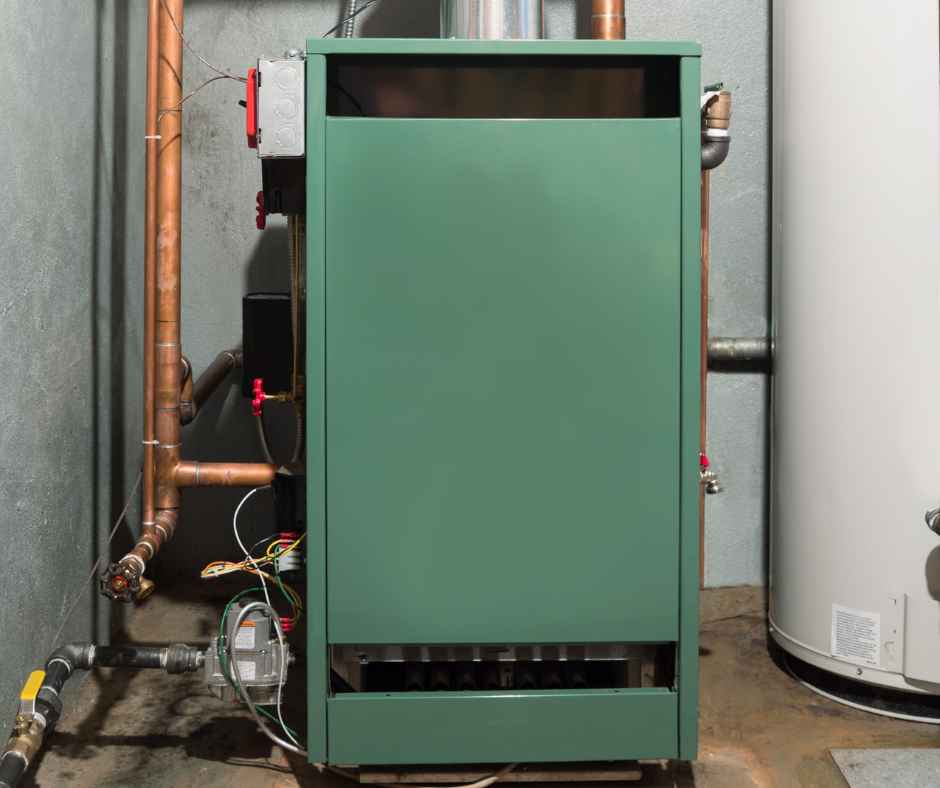
Comparing Heating Options for Colorado Homes: Furnace vs. Boiler vs. Heat Pump
Colorado’s climate can be unpredictable, with freezing mountain winters and warm summer days often in the same week. Because of these extremes, choosing the right heating system for your home is one of the most important decisions you can make. The right system keeps your home comfortable, energy-efficient, and reliable through every season.
Homeowners in Colorado typically choose between three main heating options: furnaces, boilers, and heat pumps. Each system has unique advantages depending on your home’s structure, insulation, and location. Understanding how each works and performs in Colorado’s climate helps you make a smart, long-term investment in comfort and efficiency.
In this blog, we’ll compare these heating systems side by side so you can decide which option best fits your home and lifestyle.
Understanding How Each Heating System Works
Before choosing the right heating system for your Colorado home, it helps to understand how each type produces or transfers heat. While all three systems keep your home warm, they do it in very different ways.
- Furnace: Uses natural gas, propane, or electricity to heat air inside a central unit. The warm air is then pushed through ducts and vents to heat each room. Furnaces deliver fast, direct heat and are common in many Colorado homes.
- Boiler: Heats water instead of air. The heated water circulates through pipes to radiators or in-floor tubing, creating even, comfortable warmth. Boilers are known for their quiet operation and consistent radiant heat.
- Heat Pump: Moves heat rather than creating it. In winter, it extracts warmth from outdoor air and transfers it indoors. In summer, it reverses to provide cooling. Heat pumps are highly efficient and offer year-round climate control.
Each system has strengths depending on your home’s design, energy source, and climate zone. Understanding these basics helps you compare performance and cost more accurately in the next sections.
Furnaces: Reliable Heat for Cold Colorado Winters
Furnaces are the most common heating systems in Colorado homes. They deliver fast, consistent heat and perform well even during the state’s coldest months.
- How It Works: A furnace uses natural gas, propane, or electricity to heat air inside a central unit. The warm air is distributed through ducts and vents to keep every room comfortable.
- Advantages: Furnaces heat quickly, maintain steady indoor temperatures, and integrate easily with air conditioning systems for year-round use. They are also well-suited for Colorado’s dry, cold climate.
- Drawbacks: Furnaces require ductwork, which can lose efficiency if not sealed properly. They can also dry out indoor air and need routine maintenance, such as filter replacements and annual tune-ups.
- Best For: Homes that already have duct systems or need powerful heating performance during long, cold Colorado winters.
Boilers: Consistent, Comfortable Radiant Heating
Boilers offer a quiet, even form of heat that many Colorado homeowners prefer for comfort and air quality. Instead of heating air, boilers use water or steam to create gentle, radiant warmth.
- How It Works: A boiler heats water using natural gas, propane, or electricity. The heated water circulates through pipes to radiators, baseboards, or in-floor tubing, warming rooms evenly from the ground up.
- Advantages: Boilers provide consistent heat without blowing air or dust through vents. They create a comfortable, steady temperature and maintain indoor humidity better than forced-air systems.
- Drawbacks: Boilers heat more slowly than furnaces and require a separate system for air conditioning. They can also be more expensive to install, especially if a home lacks existing piping.
- Best For: Homeowners who value quiet operation, consistent radiant heat, and improved air quality. Boilers are especially popular in older Colorado homes or custom builds with in-floor heating.
Heat Pumps: Energy Efficiency for Milder Colorado Climates
Heat pumps have become increasingly popular across Colorado as energy-efficient, all-in-one heating and cooling systems. They work best in regions with moderate winters, but new models can perform well even in colder temperatures.
- How It Works: A heat pump transfers heat instead of generating it. In winter, it extracts warmth from outdoor air and moves it indoors. In summer, it reverses the process to act as an air conditioner.
- Advantages: Heat pumps provide both heating and cooling in a single system. They are energy-efficient, environmentally friendly, and can significantly lower utility costs. Modern cold-climate models can operate effectively in subfreezing weather.
- Drawbacks: Performance can drop during extreme cold, sometimes requiring a backup heat source. Installation costs are higher upfront, and homes without proper insulation may not see maximum efficiency.
- Best For: Colorado homeowners in milder regions or those looking to reduce energy use and carbon emissions with a modern, eco-friendly HVAC solution.
Cost Comparison: Installation, Maintenance, and Energy Use
Each heating system comes with different costs over its lifetime. Understanding upfront and long-term expenses helps Colorado homeowners choose the most cost-effective option for their budget and comfort goals.
- Furnace Costs: Furnaces typically have moderate installation costs and lower initial prices than boilers or heat pumps. Gas furnaces are efficient in cold climates, but energy bills can rise when natural gas prices increase. Annual maintenance is minimal but essential for safety and performance.
- Boiler Costs: Boilers usually cost more to install, especially in homes that need new piping. However, they often last longer than furnaces and deliver steady, efficient heat. Maintenance involves periodic system flushing and inspection to prevent scale buildup or leaks.
- Heat Pump Costs: Heat pumps require a higher upfront investment but can reduce long-term energy costs through efficient operation. They also eliminate the need for separate heating and cooling systems. Routine maintenance includes cleaning filters and checking refrigerant levels.
- Energy Efficiency: Heat pumps generally offer the lowest ongoing energy use, followed by high-efficiency boilers and modern condensing furnaces. Energy savings depend on your home’s insulation, duct quality, and local utility rates.
Choosing the Best Heating Option for Your Colorado Home
The best heating system depends on your home’s size, insulation, location, and energy priorities. Colorado’s mix of mountain, foothill, and plains climates means there’s no one-size-fits-all solution.
- Furnace: A great choice for homes in colder regions that need strong, fast heat. Works best with existing duct systems and provides reliable performance even in subzero temperatures.
- Boiler: Ideal for homeowners who prefer quiet, radiant heat and improved air quality. Best suited for homes with in-floor heating or those seeking steady, moisture-balanced comfort.
- Heat Pump: Perfect for areas with milder winters or homeowners focused on sustainability and year-round energy efficiency. Modern cold-climate heat pumps can also work effectively in cooler Colorado zones.
Before deciding, consider your home’s age, insulation quality, and available energy sources. A professional HVAC evaluation helps determine which system offers the best comfort and long-term savings.
Patriot Pros provides expert heating consultations, installations, and maintenance across Colorado. Our licensed technicians can help you choose the right system for your home and ensure it runs efficiently all year.
Stay Warm and Efficient with the Right Heating System for Your Colorado Home
Choosing the right heating system makes a big difference in comfort, efficiency, and long-term savings. Colorado homeowners face unique challenges with changing weather and altitude, so a system that works well in one region might not be ideal in another.
Whether you’re upgrading an old furnace, replacing a boiler, or exploring a modern heat pump, the right guidance helps you make a confident decision. Professional installation ensures your system performs safely and efficiently, no matter how cold it gets outside.
Patriot Pros specializes in furnace, boiler, and heat pump installation and maintenance across Colorado. Our certified HVAC technicians can assess your home’s needs, recommend the best solution, and keep your system running reliably all year.
Contact us today to schedule your heating consultation and prepare your home for a comfortable winter.
Frequently Asked Questions About Heating Your Colorado Home
Can I combine a furnace or boiler with a heat pump for better efficiency?
Yes. Many Colorado homeowners use hybrid systems that combine a gas furnace or boiler with a heat pump. The heat pump handles mild weather, while the furnace or boiler takes over when temperatures drop, improving comfort and energy savings.
How long does each heating system typically last?
Furnaces and boilers often last 15 to 25 years with proper maintenance. Heat pumps typically last 10 to 20 years, depending on usage and climate conditions. Regular professional service extends the lifespan of any system.
What’s the quietest heating option for my home?
Boilers are the quietest since they circulate heated water instead of blowing air. Heat pumps also run quietly, especially ductless models, while furnaces tend to produce more sound from air movement.
Are heat pumps effective in Colorado’s colder mountain regions?
Yes, if you install a cold-climate heat pump. These advanced systems use variable-speed compressors and special refrigerants designed to extract heat even in subfreezing temperatures.
Can I qualify for tax credits or rebates when upgrading my heating system?
Many energy-efficient systems, such as high-efficiency furnaces, boilers, and heat pumps, qualify for federal or state rebates and tax credits. Check with Patriot Pros to learn about current Colorado incentives and energy savings programs.
Recent News
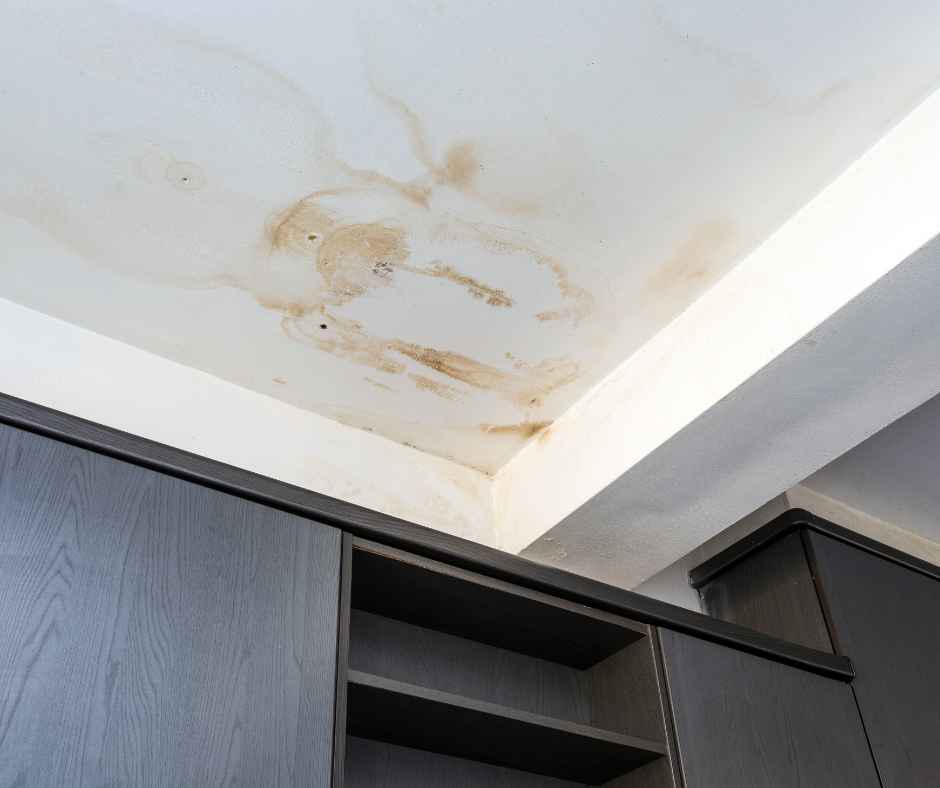
How to Spot a Hidden Water Leak in Your Colorado Home
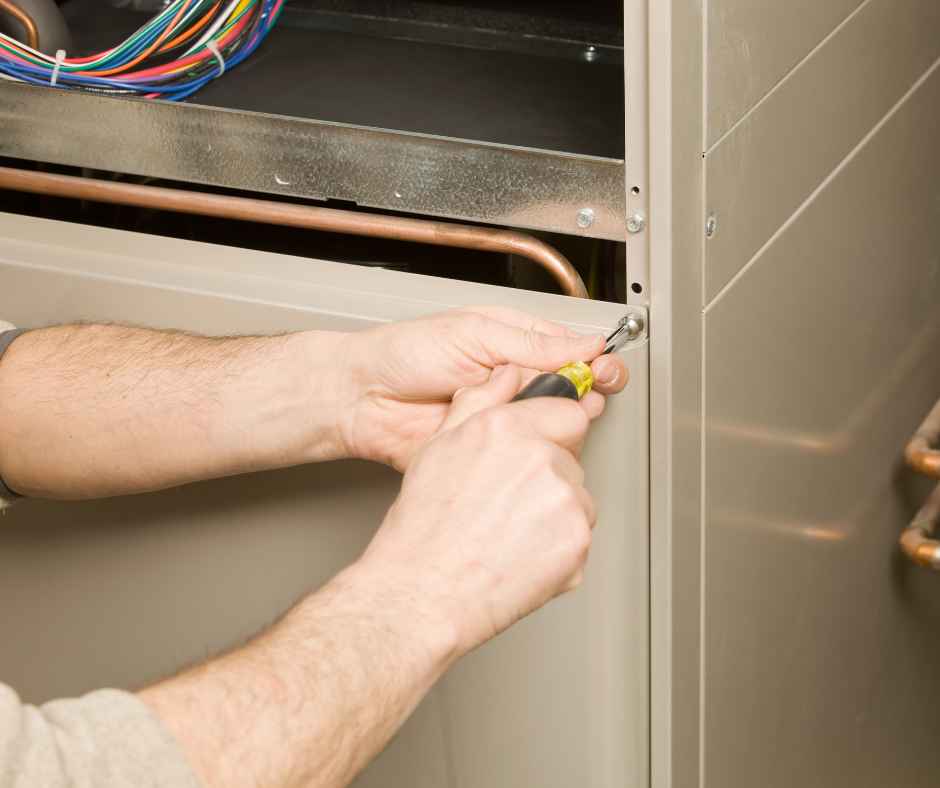
Navigating Colorado’s 2026 High-Efficiency Rules: What Front Range Homeowners Need to Know

Snow, Freeze & Thaw: How Colorado Winters Stress Your Plumbing
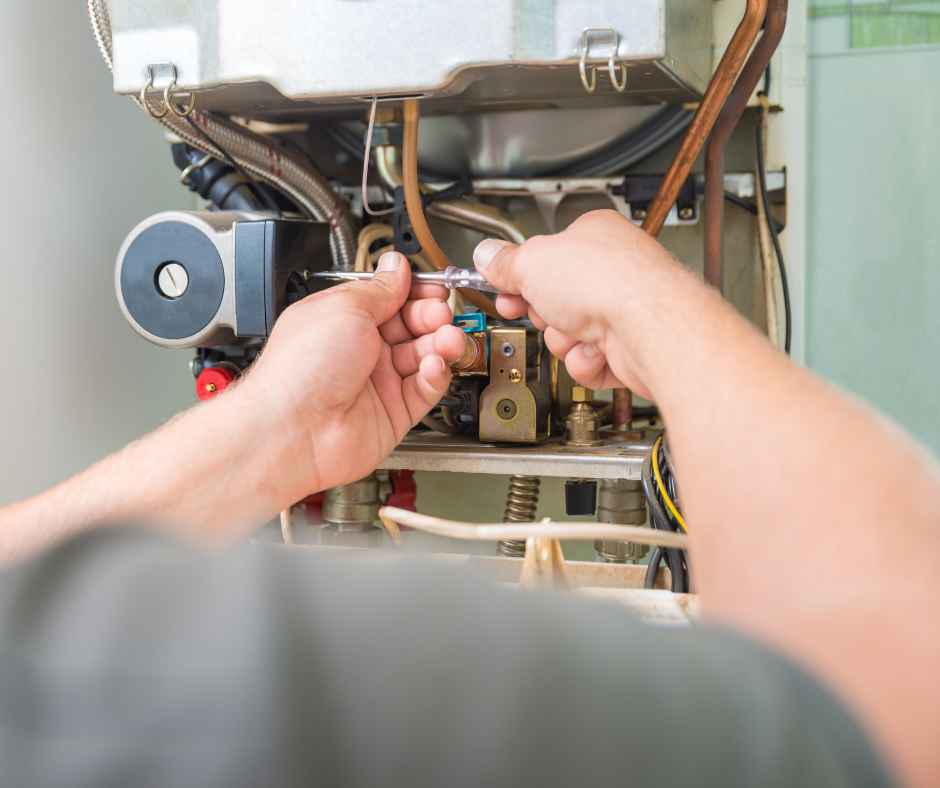
Emergency Heating Repairs: What to Do If Your Furnace Fails During a Colorado Snowstorm
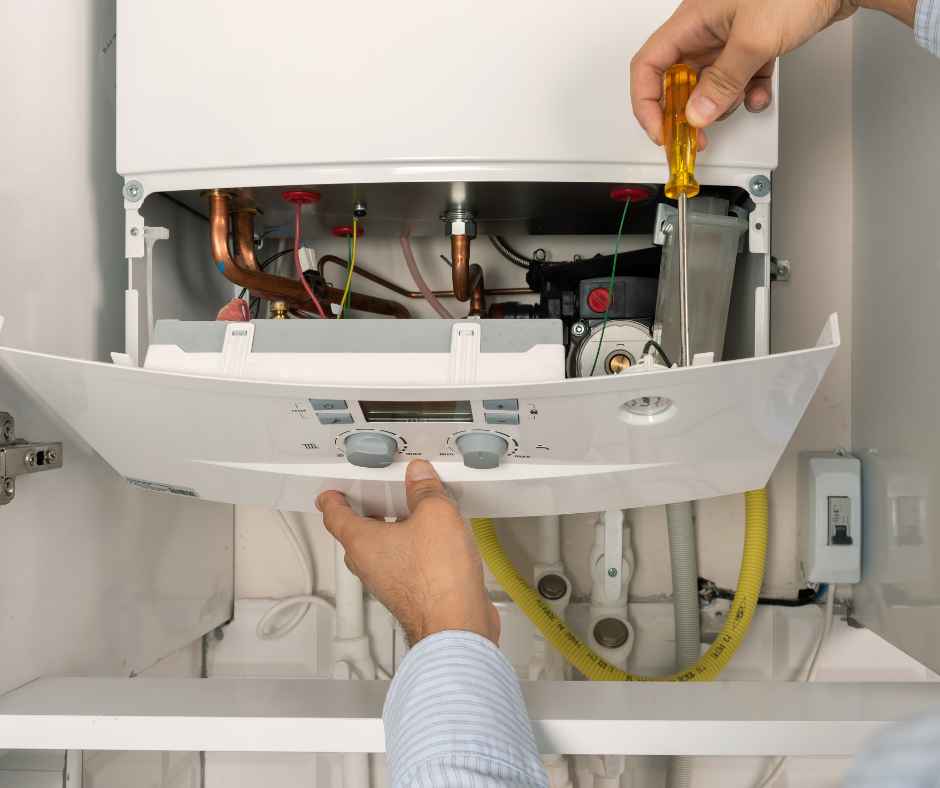
The Ultimate Fall & Winter Boiler & HVAC Maintenance Checklist for Castle Rock Homes
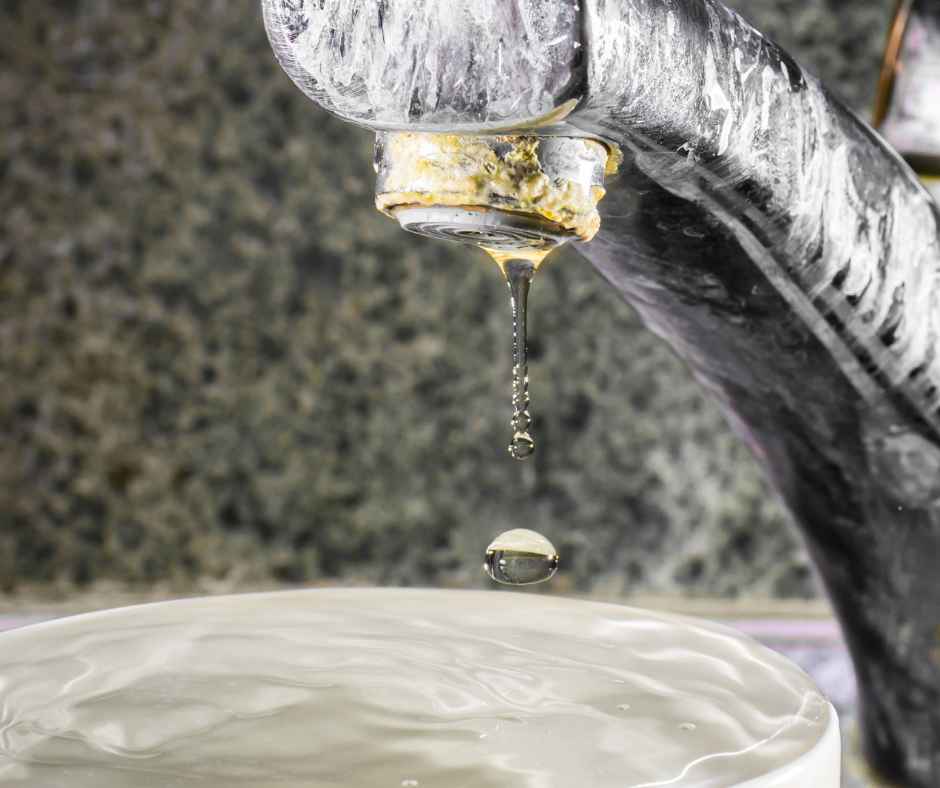
How to Choose the Right Water Filtration System for Colorado’s Hard Water
